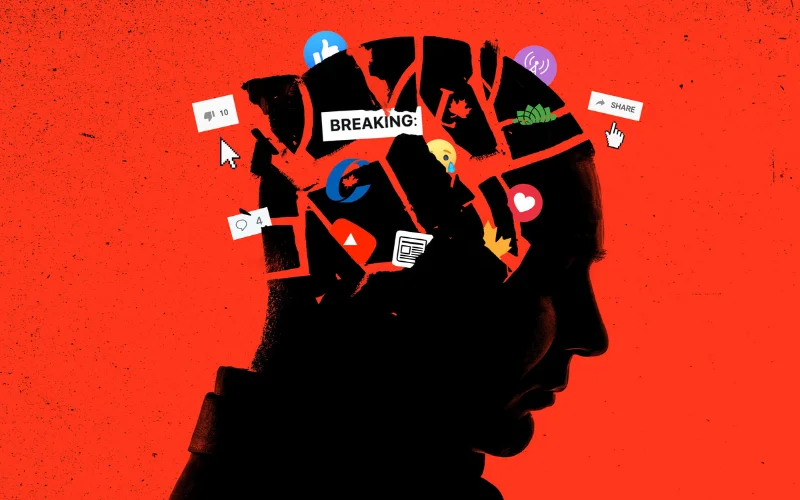In the fast-paced and interconnected world of today, information is readily available at our fingertips. The digital age has brought unparalleled access to knowledge, but it has also given rise to the challenge of misinformation. Misformation can have profound consequences, whether it’s fake news, conspiracy theories, or misleading content.
This article explores strategies to avoid misinformation in the digital age.
- Critical Thinking: The First Line of Defense
- Fact-Checking: The Power of Verification
- Diversify Your News Sources
- Be Wary of Clickbait and Sensationalism
- Understanding the Role of Social Media
- Educational Initiatives for Media Literacy
- Leveraging Business Intelligence services
- Building a Culture of Responsibility
- Concluding Thoughts: A Digital Future Anchored in Truth
Critical Thinking: The First Line of Defense
One of the most effective ways to combat misinformation is to develop critical thinking skills. Before accepting information at face value, it is crucial to question its source, credibility, and intent. Ask yourself: Who created this content? What evidence supports the claims? Is there a potential bias? By cultivating a habit of skepticism, individuals can become more discerning information consumers.
Fact-Checking: The Power of Verification
Fact-checking plays a pivotal role in preventing the spread of misinformation. Before sharing information, take a moment to verify its accuracy. Numerous fact-checking websites, such as Snopes, FactCheck, and Politick, can help confirm or debunk various claims. Additionally, some web browsers have built-in tools that flag potentially unreliable sources, offering an extra layer of protection.
Diversify Your News Sources
Relying on a single news source can inadvertently expose you to a narrow perspective or biased information. To mitigate this risk, diversify your news consumption. Follow reputable media outlets with a history of journalistic integrity, and cross-reference information across multiple sources.
This approach provides a more comprehensive understanding of events and minimizes the impact of potential misinformation.
Be Wary of Clickbait and Sensationalism
Clickbait headlines and sensationalized content are designed to grab attention, often at the expense of accuracy. When consuming information online, be wary of exaggerated language and sensational claims. If a headline seems too sensational to be true, it’s worth conducting further research to ensure the information is credible.
Understanding the Role of Social Media
Social media platforms are powerful tools for information dissemination, but they are also breeding grounds for misinformation. Be cautious when relying solely on social media for news. False information can spread rapidly through these channels, fueled by algorithms that prioritize engagement over accuracy. Verify information before sharing, and consider the reliability of the source.
Educational Initiatives for Media Literacy
Promoting media literacy is essential in the fight against misinformation. Educational initiatives should focus on teaching individuals how to critically assess information, distinguish between credible and unreliable sources, and understand the potential consequences of spreading misinformation. By empowering people with these skills, we can collectively build a more informed and resilient society.
Leveraging Business Intelligence services
Business intelligence services can play a vital role in the battle against misinformation. These services utilize advanced analytics and data-driven insights to assess the credibility of information. By leveraging their capabilities, individuals and organizations can make more informed decisions based on accurate and reliable data.
Al Rafay Consulting is at the forefront of providing cutting-edge business intelligence services, ensuring that clients have the tools they need to navigate the complex digital landscape.
Building a Culture of Responsibility
Avoiding misinformation requires a collective effort to foster a culture of responsibility. Individuals, media organizations, and technology companies all have a role to play. By holding ourselves and others accountable for the information we consume and share, we contribute to a healthier information ecosystem.
Concluding Thoughts: A Digital Future Anchored in Truth
In the digital age, misinformation poses a significant threat to our understanding of the world. Critical thinking, fact-checking, and media literacy are essential tools for individuals to navigate the vast landscape of information.
By leveraging business intelligence services, such as those offered by Al Rafay Consulting, we can harness the power of data to make informed decisions. In this collaborative effort, we can collectively build a future anchored in truth and resilience against the pitfalls of misinformation.
You May Also Like:



